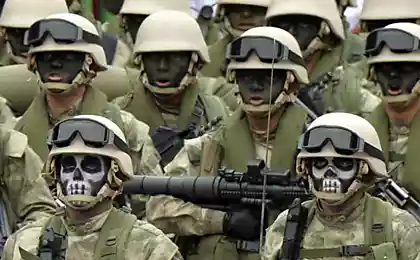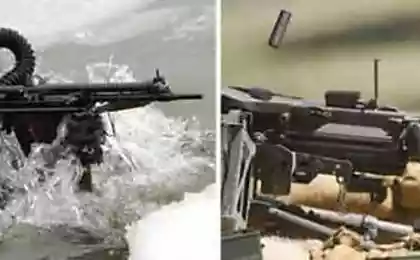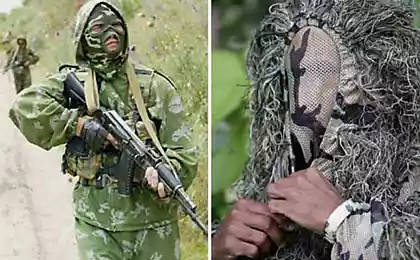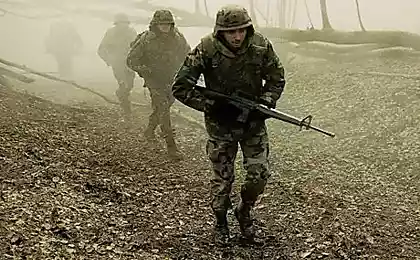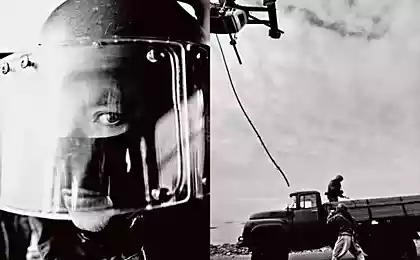217
How to survive in extreme conditions: advice from former special forces

Introduction
Survival in extreme conditions is an art that requires not only physical fitness, but also psychological stability. Former special forces soldiers who have gone through the most difficult trials share their experiences and advice that can save lives in a critical situation.
Preparation
Mental Toughness
- Psychological preparation : Learn to remain calm and clear-headed in stressful situations.
- Planning : Always have a plan of action and alternative options.
Physical training
- Physical Fitness : Maintain good physical shape through regular exercise.
- Survival Skills : Learn basic survival skills such as starting a fire, finding water and food.
Basic principles of survival
Priorities
- Shelter : Find or create shelter for protection from the elements and predators.
- Water : Find a source of clean water or ways to purify it.
- Food : Identify safe food sources, including plants and animals.
- Fire : Know how to start a fire for warmth, cooking and signaling for help.
Survival Skills
- Orientation : Ability to navigate using a compass, map, stars.
- First Aid : Knowledge of basic first aid techniques.
- Self-discipline : The ability to control fear and panic.
Tips from special forces
- Stay calm : Panic is your enemy. Keep your mind clear to make the right decisions.
- Use the "rule of three" : A person can live 3 minutes without air, 3 days without water and 3 weeks without food.
- Adapt to Circumstances : Be prepared to change your plan based on changing conditions.
- Use natural resources : Learn to use what nature provides, from plants to natural shelters.
- Maintain morale : Do not lose hope and faith in salvation.
Conclusion
Survival in extreme conditions requires a comprehensive approach, including both physical and psychological preparation. Advice from former special forces soldiers helps to form the right attitude towards survival and develop the necessary skills. It is important to remember that every situation is unique and flexible thinking is often the key to survival.
10 Incredible Survival Stories That Will Make You Rethink Your Life
7 secrets of attractiveness that scientists are silent about
